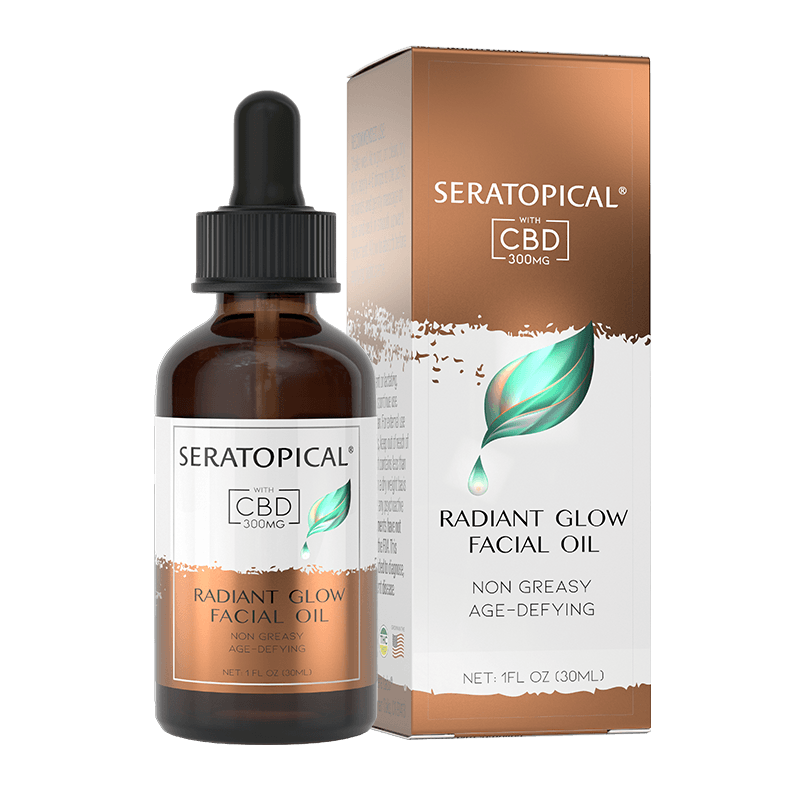Uncategorized
What To Know Before Using A Facial Oil
It might seem illogical to put oil on your face, since our faces already produce oil and nobody wants an oily face. Oils can seem especially illogical if you have frequent breakouts or oily skin.
However, facial oils have a long history in skin care for a reason. Ancient Egyptians reportedly used cosmetic oils as early as 4500 B.C.E.
The general point of putting an oil on your face is to help supplement the natural oils that your skin is producing to add moisture and help repair the barrier that keeps that moisture in. Further, if the skin produces too much oil, using a facial oil can help “trick” the skin into producing less oil since a layer is already there. Failing to hydrate the skin is a key component in excess sebum production. The right oil and the right amount of oil can help balance the skin.
Let’s Get Scientific
The skin secretes its own oil called “sebum,” through the sebaceous glands. The cells in the stratum corneum, the defensive outer layer of the skin, produce lipids (fats and oils). Together, the oils produced by your skin keep our skin soft, seal hydration in, and protect against environmental pollutants by keeping the stratum corneum (outer skin layer) in tact.
Face oils should soothe skin as well as return moisture and smooth lines. However, not all oils are facial friendly. While synthetic and mineral oils are comedogenic and block pores, most natural plant oils are not. There are a few exceptions, such as fragranced plant oils which aggravate the skin like:
- Orange blossom oil
- Bitter orange oil
- Grapefruit oil
- Bergamot oil
- Ylang ylang oil
- Lavender oil
- Lime oil
- Lemon oil
- Rosemary oil
- Neroli oil
- Sandalwood oil
- Peppermint oil
- Eucalyptus oil
Beware of these oils slipping into any of your facial products. Positive plant oils include coconut, jojoba, argan, tea tree, etc… all of which have purported benefits, like anti-inflammatory or antioxidant properties. The greatest purpose of an oil is its moisturizing abilities.
Remember: skin cells are like brick and the oil is like mortar. Without mortar or oil, the bricks separate and moisture escapes from the skin (transepidermal water loss). Many people have dry skin because their skin doesn’t produce enough oil to keep that outer layer of skin functional.
Like all skin-care products, oils are not for everyone. Facial oils may be right for you if your moisturizer is not enough and you struggle with occasional (seasonal or climate-related dryness) or flaky or dehydrated skin. Dry or dehydrated skin is most likely to reap the most benefits from using face oils. But don’t rule them out just because you have oily skin. It’s worth talking to your dermatologist about your options beforehand.
Skin is a complex organ and no product or ingredient is a cure-all. Facial oils should take a supportive role in a complete skincare routine. If you do decide to try a facial oil, remember to start with a small amount , see how it goes, and then progress from there! May we suggest trying our SeraTopical Radiant Glow Facial Oil (for night use only)?

